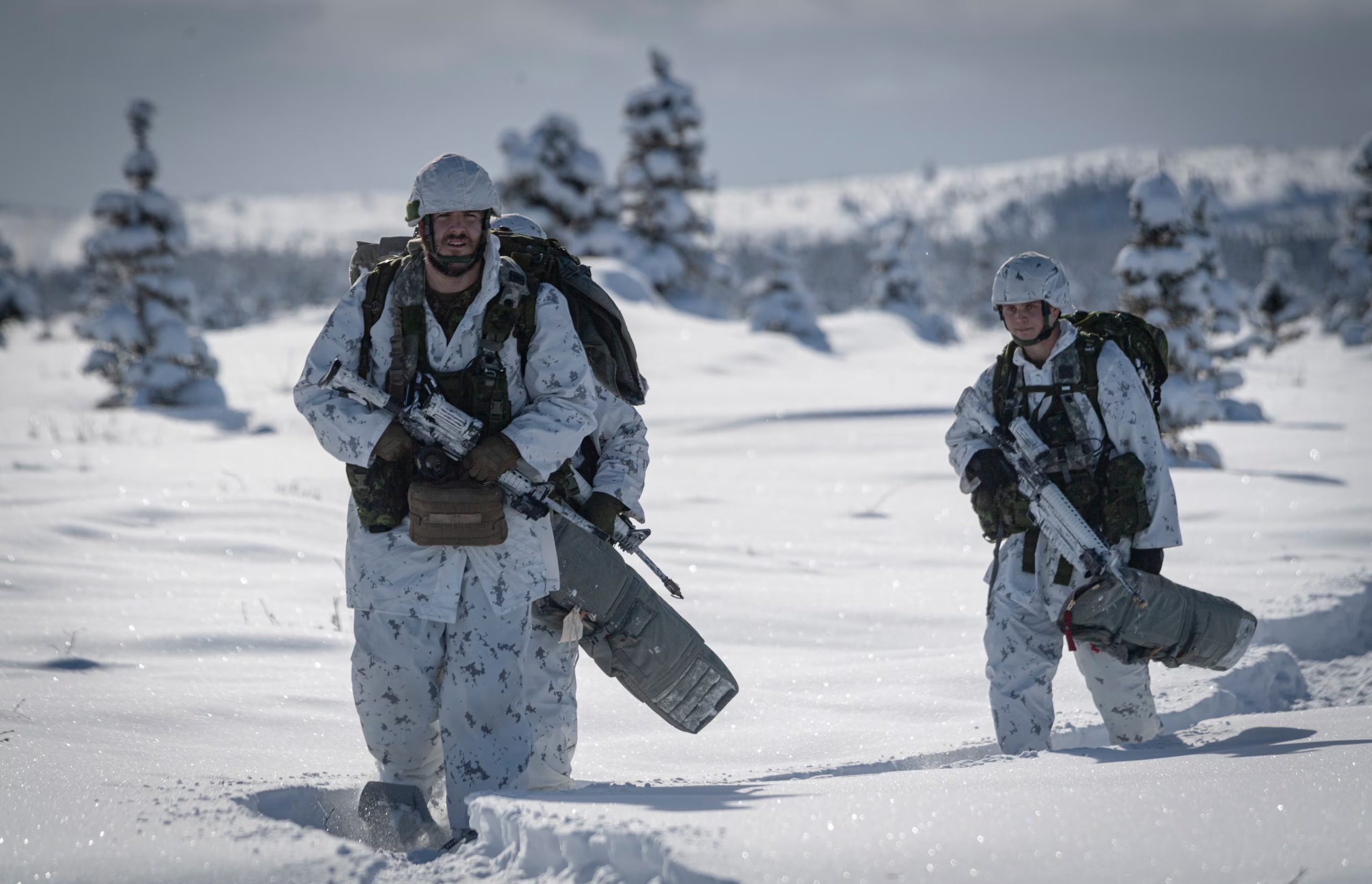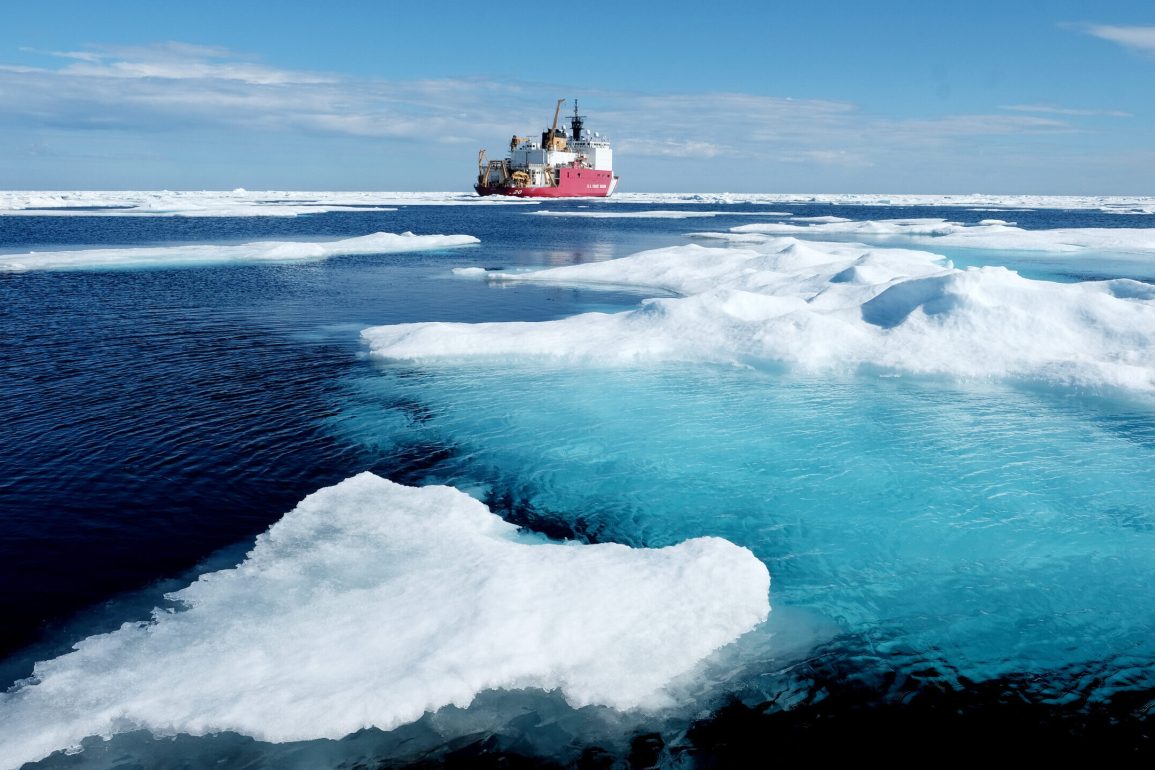Canada has announced plans to enhance its military and diplomatic presence in the Arctic to address growing security concerns, particularly from Russia and other nations seeking to gain influence in the region. The new defense strategy includes the deployment of additional military assets such as patrol ships, navy destroyers, icebreakers, and submarines capable of operating beneath ice sheets.
Canada will also expand its use of aircraft and drones for surveillance and operational support in the Arctic, which is becoming increasingly important due to its changing environment.
Alongside the United States, Canada is working to modernize its continental defense systems, including advanced maritime sensors and satellites to monitor northern approaches. The foreign policy document highlights that Canada has traditionally worked cooperatively with other nations to manage the Arctic, aiming to keep it free from military tensions.
However, Foreign Minister Mélanie Joly noted that the region is now facing increasing geopolitical rivalry, with Russia’s growing military activities in the Arctic posing significant challenges to the previously low-tension environment.
The Arctic’s rapidly warming climate is opening up new shipping routes and increasing the potential for resource exploration, such as oil, gas, and minerals.

This growing accessibility is driving security concerns, according to Defense Minister Bill Blair, who emphasized the need for stronger military capabilities to operate effectively in the region’s extreme cold, unpredictable storms, and shifting sea ice. The new defense strategy aims to ensure that Canada can conduct and sustain operations in these difficult conditions as the security situation intensifies.
Canada’s updated strategy also includes fostering closer military cooperation with allied Nordic nations, including Finland and Sweden, which recently joined NATO. Joint military drills and enhanced coordination are key components of the plan to strengthen security in the Arctic.
Additionally, the report highlights increasing Russian military activity, such as missile system deployments that could threaten both North America and Europe, along with China’s growing interest in the Arctic through the use of dual-purpose military-research vessels.
In response to these threats, Canada will take a more cautious approach to foreign research activities in its Arctic region, applying a national security lens. The country is also looking to deepen its Arctic partnerships with countries like Japan and South Korea, similar to the alliances formed in the Indo-Pacific.
As part of its diplomatic efforts, Canada will establish an Arctic ambassador role, open consulates in Alaska and Greenland, and work to resolve ongoing boundary disputes with the United States and Denmark, including finalizing a deal on Hans Island.

